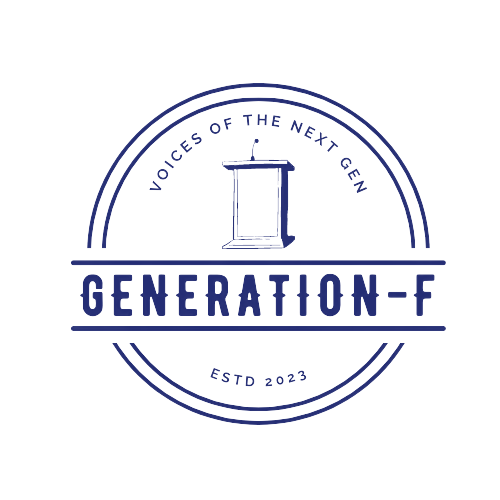Generation-F is an independent, non-partisan initiative. Any opinion expressed in articles is a representation of the author and not the initiative itself.
A Hijabi’s Perspective: Being a “Girls’ Girl” Until…
January 13, 2025
Judy El Baba
"You look tired" is a condescending statement many women have heard when they show up without makeup, specifically when trying to quit its practice. Sometimes, the intention is harmless, but it often highlights the underlying effects of modern patriarchy amongst female relationships.
Modesty
Modesty is given high importance in traditional societies and religions. According to Islam, a woman has to cover her hair and figure in front of men unrelated to her. She must also avoid beautification and appear modest in their presence. The objective of this article is neither to explain the Hijab's purpose nor justify it. Rather, it looks into female perspectives that undermine a woman’s choice at securing her beauty to a private sphere.
Avoiding visible beautification entails the following: abstaining from beautifying makeup and jewelry, preserving natural nails, and observing modest attire. A woman who avoids public beautification may be seen by other women as dull — boring. There is a common misconception that these women are against beautification entirely. Considering that often an unhealthy amount of female conversations is centered around topics on beauty, this woman can feel unwelcome in these spheres. The assumption, however, is false, as she can still embrace and guard her beauty in confidence. For a variety of reasons, she simply chooses to keep those activities in her discrete realm, sharing it privately and only with herself, her girl friends, and her spouse. She perceives her beauty as a jewel, that which random men do not deserve to see. A Hijab highlights a woman's liberation from male validation over beauty, and it places high emphasis on her other potential values: intellect, labour, and empathy.
Woman on the March
Dominika Zarzycka
Internalised Prejudice
A crucial problem is the radiated unfriendliness from women who don't maintain a similar lifestyle. These types of women are not only non-Muslim, but they can also be Muslim non-Hijabis and inconsistent Hijabis. A woman who avoids public beautification may thus be judged and looked down upon. Comments like “you look tired” or “put some color on your cheeks” are rarely constructive. They are often triggered by what the overarching structural patriarchy internalises in women — competition and prejudice. Modern patriarchy commodifies beauty. It emphasizes it and frequently establishes it as a prerequisite for social relationships. For women, equating the worth of social status with the practice of adornment discredits their non-materialistic value. It serves as yet another way of pitting women against each other, in which validation over beauty is dominant and blown out of proportion. Insecurity is another root of the problem — the need to bring down others in order to transfer their confidence level into yours.
Watch: Tiktoker Defines Being A Girls’ Girl and its Conditions
On their path to liberation, the oppressed must not turn against each other. Materialistic patriarchy manifests in the simplest of comments, and empowerment comes from our detachment of it.




